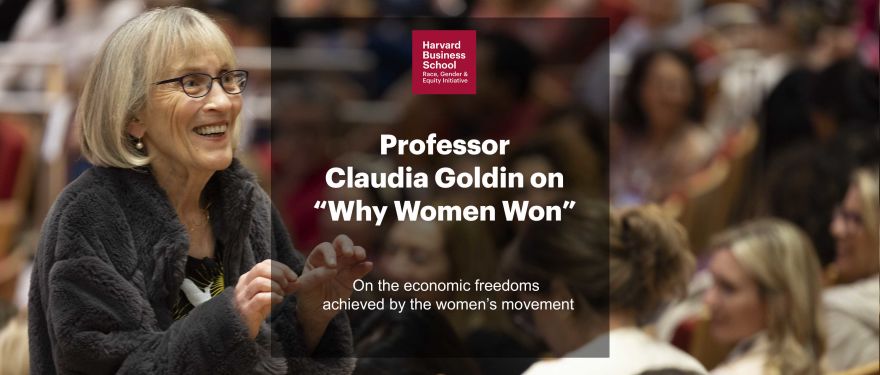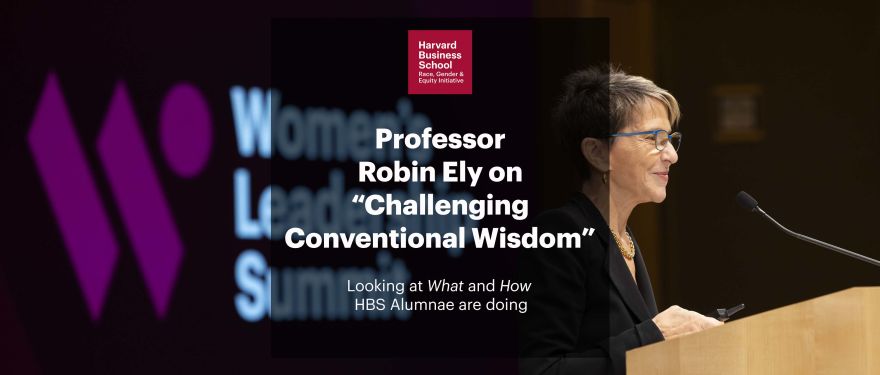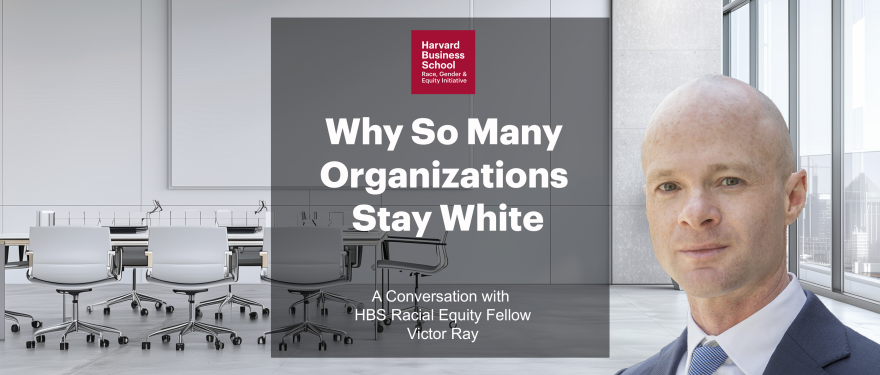Race, Gender and Equity at Work
Race, Gender and Equity at Work
As gender equity scholars, the moment is ripe for us to delve into research that illustrates the state of working women today. November, at the 2024 HBS Women’s Leadership Summit, Nobel Prize winner Professor Claudia Goldin presented her research on how the women’s movement in the United States led to today’s economic and financial freedoms. This look at the past gave us necessary insight into the forces that brought us to this moment, and what we can learn in order to continue our struggle toward an equitable world. [...]
Our faculty co-chair emerita, Robin J. Ely, has researched gender and work for over 40 years, and has facilitated broad research projects to examine how women and the workplace have shaped each other across several decades. Knowing that HBS women are ambitious, talented, and highly successful, her longitudinal study of HBS alumni shows us how systemic inequality can still affect women, even when there is underlying parity in education and skill. [...]
In recent years, waves of far-right belief systems have emerged from the margins and captured large segments of mainstream thought. In the United States and around the world, media geared toward both men and women are calling for a return to “traditional “ gender roles.
So, what factors might contribute to these shifts in attitude? HBS Professor Paula Rettl brings us a new examination of the social and political effects of what she calls the “feminization of labor markets.” [...]
Professor Onyeador examines topics surrounding social cohesion, particularly conflict as it relates to racial dynamics. Her research is particularly timely given the politicized conversations around discrimination in hiring and the emotional well-being of minorities at work. Her recent scholarship peels back the veil on how we connect across cultural barriers and can help us foster positive employee dynamics to soothe discord. [...]
We’re thrilled to welcome the incoming Institute for Business in Global Society (BiGS) Racial Equity Fellow **Victor Ray**. Victor Ray is the F. Wendell Miller Associate Professor at the University of Iowa. He has built a strong body of scholarship on topics of race in organizations, and how social constructs of race are replicated in the workplace. Professor Ray has also presented at our Race, Gender, and Equity Symposium in past years, including his stirring [2022 presentation on racialized organizations](https://youtu.be/QOsL2O2ZGEA?si=TH3A_6WyGvi10a_r).
We asked Professor Ray about his background, his current research, and his upcoming year at HBS. Read on to learn more about his work. [...]
Load More Loading...





